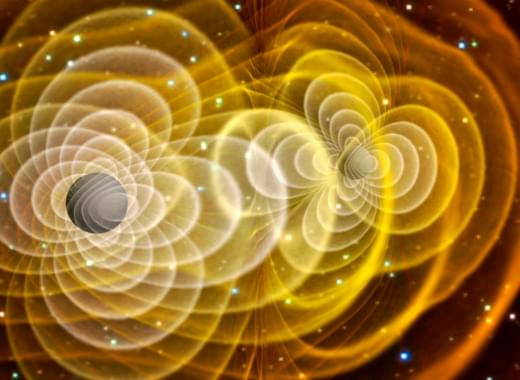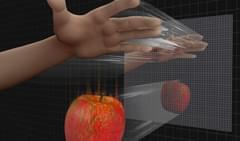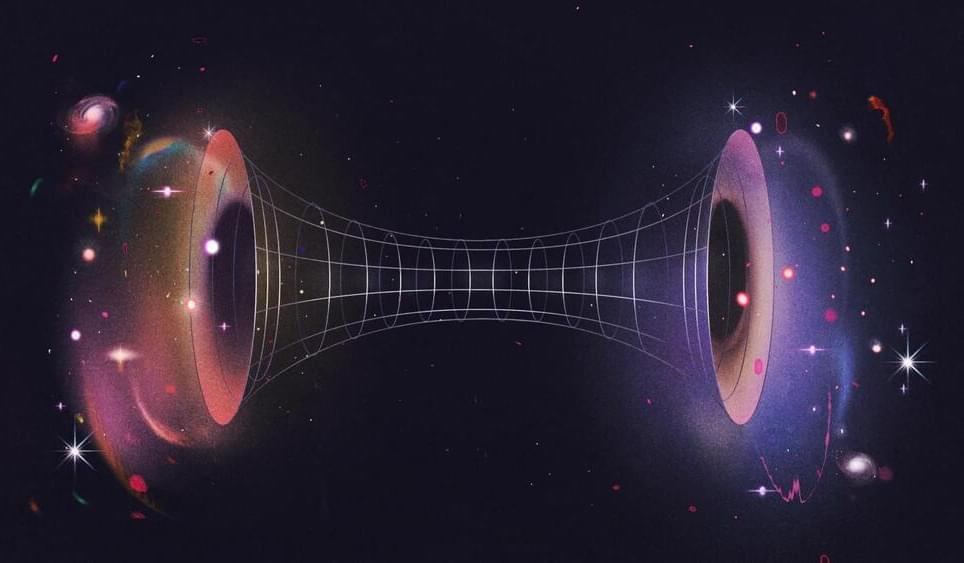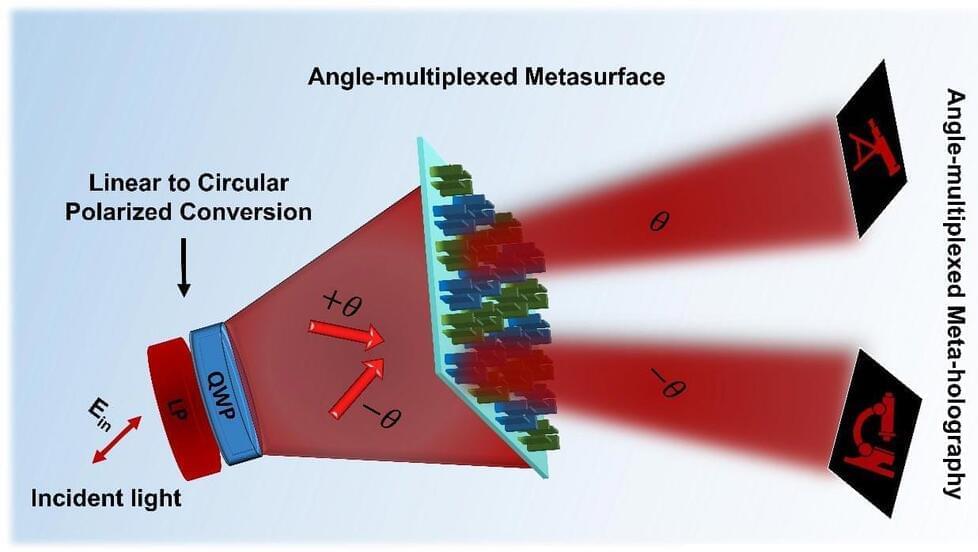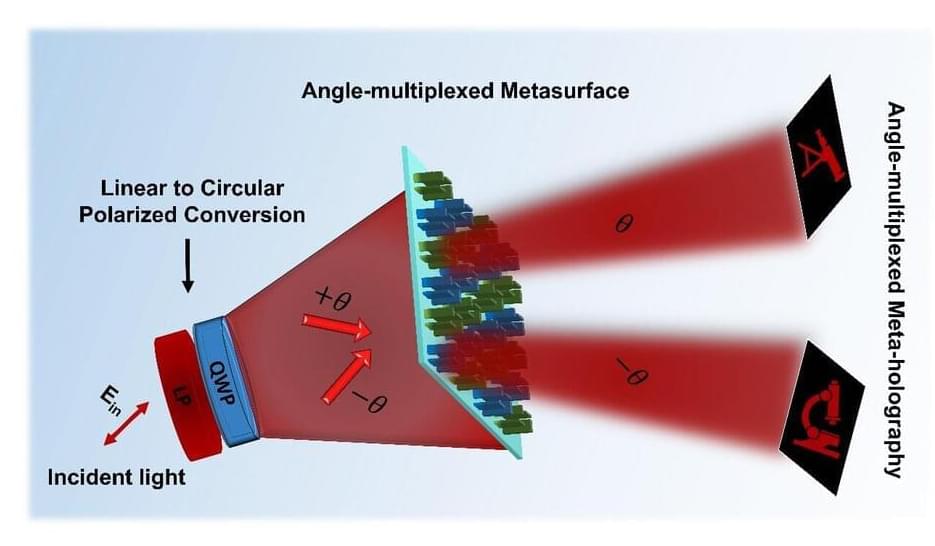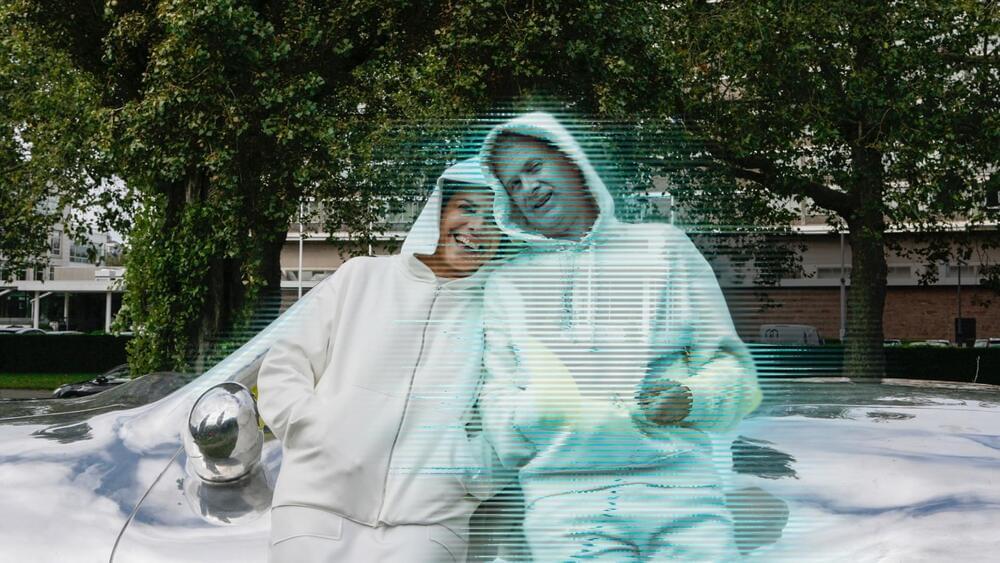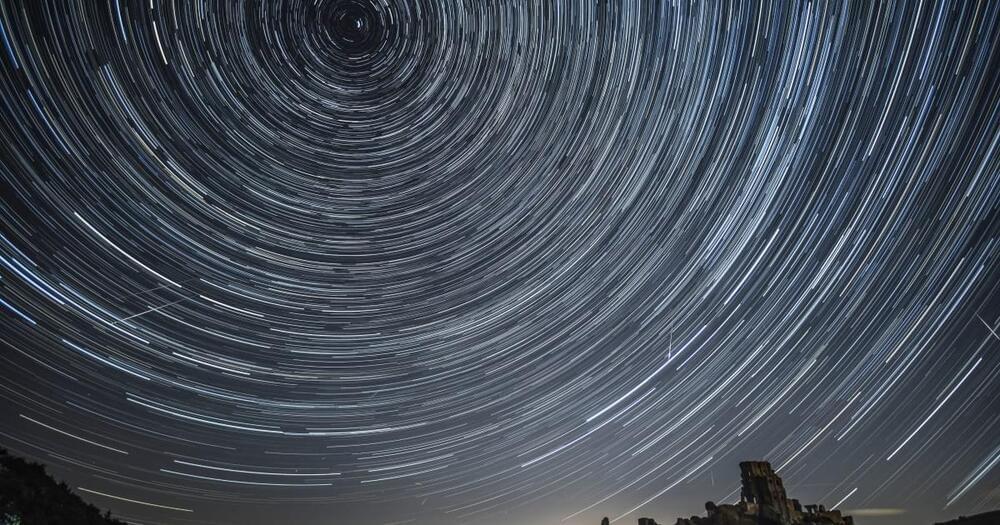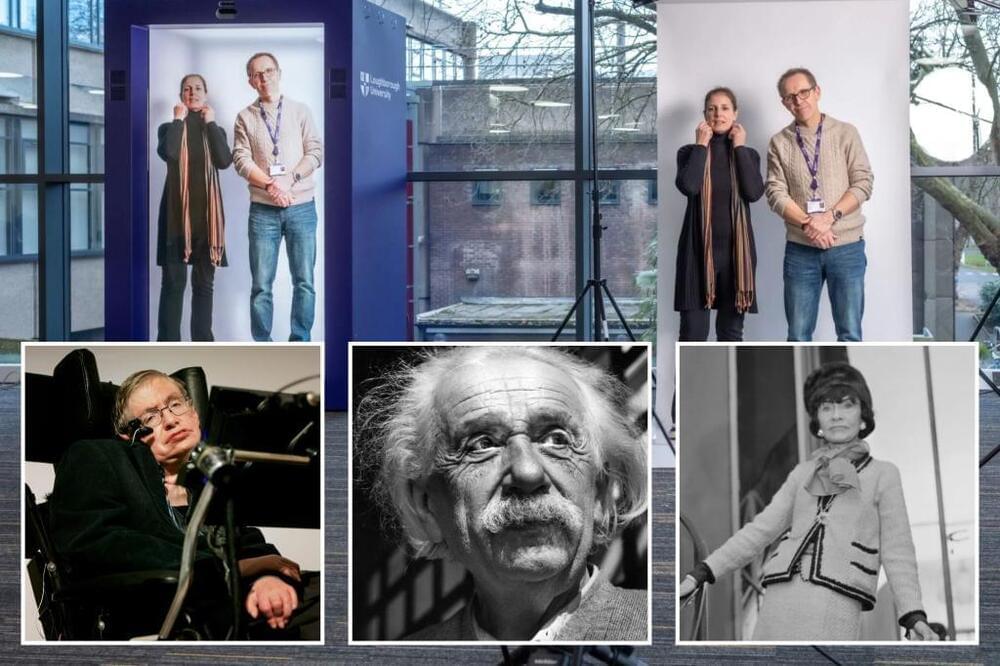Apr 22, 2024
Gravity Wave Signals are being Analyzed to Detect Gravitational Memory Effect
Posted by Shailesh Prasad in categories: holograms, quantum physics, space
An Ongoing Meta-analysis of Gravitational Wave Signals may soon Prove that Space Remembers: permanent memory imprints in spacetime may soon be detected, which will be a validation of Nassim Haramein and our research team’s prediction that space has the property of memory, in which we described how the informational imprint of memory in space is what holographically generates time—that is to say that 4D spacetime is a hologram of a 3D voxel information network—as well as ordering properties underlying dynamics of organized matter. The gravitational wave memory effect is a prediction of general relativity, and physicists have devised a test of this interesting spacememory effect via a meta-analysis of gravitational wave detector data. The presence of memory effects in gravitational wave signals not only provides the chance to test an important aspect of general relativity, but also represents a potentially non-negligible contribution to the waveform for certain gravitational wave events. As well, memory properties of space will have far-reaching implications, from probing theories of quantum gravity and unified physics to potential applications in telecommunications technologies.
